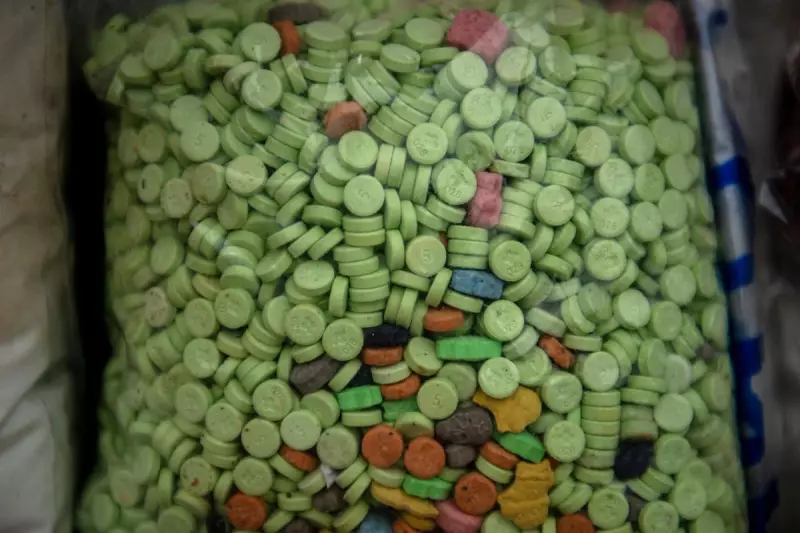
In a significant blow to international drug trafficking networks, South Korean customs officials have intercepted a massive shipment of ketamine worth approximately £2.6 million on the popular tourist island of Jeju.
The Jeju Island Drug Bust
Authorities at Jeju International Airport discovered 4 kilograms of the illegal substance cleverly concealed within industrial machinery arriving from China. The sophisticated smuggling attempt was uncovered during routine customs inspections, revealing the increasingly creative methods employed by drug cartels operating across East Asia.
Growing Ketamine Concerns in South Korea
This seizure represents one of the largest ketamine busts in recent South Korean history, highlighting what experts describe as a worrying trend in the region's drug trade. Ketamine, traditionally used as an anaesthetic in medical settings, has gained popularity as a recreational drug, particularly among younger demographics.
The Korea Customs Service released a statement emphasising their commitment to "strengthening border surveillance and intensifying crackdowns on drug smuggling attempts targeting the country."
International Drug Routes Exposed
Investigators believe the drugs were intended for distribution throughout South Korea, with Jeju Island serving as a strategic transit point due to its:
- Status as a popular tourist destination
- Relaxed domestic flight security compared to international routes
- High volume of international visitors
Regional Implications
This incident underscores the broader challenges facing East Asian nations in combating cross-border drug trafficking. South Korea has seen a noticeable increase in ketamine seizures in recent years, mirroring trends observed in neighbouring countries including China and Japan.
Customs officials have vowed to enhance cooperation with international law enforcement agencies to disrupt smuggling networks before they can establish deeper roots in the region.





